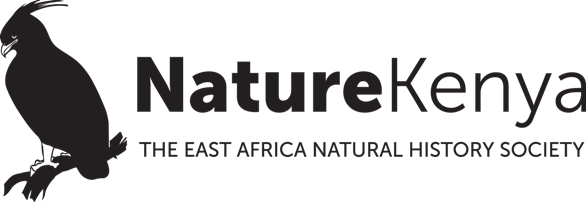In the Cherangani Hills, communities are leading a transformative effort to restore degraded forests and build resilience against climate change. In 2024, six Community Forest Associations (CFAs) from the area achieved a remarkable milestone of producing 700,000 tree seedlings in a year! This feat shows how concerted local action can spur forest restoration efforts. The CFAs – Elgeyo, Kessup, Cherangani, Cheptongei, Kapyego, and Chesoi – have established vibrant nurseries that nurture over 20 species of indigenous trees, including Syzygium guineense, Markhamia lutea, Hagenia abyssinica, Olea europaea ssp. africana, Juniperus procera, Prunus africana and many more. These nurseries ensure a steady supply of seedlings for forest restoration efforts while empowering communities with new skills and economic opportunities to create a greener, more sustainable future.
The journey to this milestone has been as transformative as the outcome. Through Nature Kenya, with financial support from the TerraFund for AFR100 project, CFA members have been trained in tree nursery management and provided with essential materials, such as potting tubes, wheelbarrows, hose pipes, watering cans, water tanks and piping, to support their efforts.
“Thanks to Nature Kenya, we’ve learned valuable skills to manage our nurseries and restore our forests,” says Mercy Chebet, a member of Chesoi CFA. “This achievement gives us pride and hope for the future.”
Beyond restoring forests, tree seedling production has become a lifeline for local communities. Selling seedlings to the restoration program, county governments, and private buyers has brought much-needed income.
In the Kessup forest, one of thirteen fragments of the Cherangani Hills Forest that spans Trans-Nzoia, Uasin Gishu, and Elgeyo-Marakwet counties, the CFA raised over 400,000 seedlings and earned over Ksh 2.1 million through the sale of the seedlings. Similarly, Cheptongei CFA produced more than 160,000 and earned more than Ksh 4 million by selling seedlings to the project. “This income helped sustain our operations and improve our lives,” says Dr Thomas Chepkiyeng, Chairman of Elgeyo CFA.
Women have been key players in this success story. The Berur Women’s Group, part of Kessup CFA, has expanded its operations and created economic opportunities by selling seedlings.
The impact of producing these seedlings extends far beyond the nurseries. In April and November 2024, over 288,000 seedlings of 18 assorted species raised in the CFAs’ nurseries were planted across 290 hectares of forest, marking significant progress in restoring degraded areas inside the state forests. To ensure survival, the communities take care of the planted seedlings.
“On average, the survival rate of the planted seedlings is 80%, which is proof that our efforts are working,” says John Musa, a committee member of Cheptongei CFA.
Under the Plantation Establishment and Livelihood Improvement Scheme (PELIS), communities have been granted access to degraded state forest areas by the Kenya Forest Service (KFS), where they plant trees alongside crops, thereby blending conservation with food security.
The CFAs are not stopping at 700,000 seedlings. Going forward, they plan to expand production to one million seedlings annually while diversifying into flower and fruit farming. This ambitious vision underscores the communities’ commitment to conservation and sustainable livelihoods.
“This is only the beginning,” says Hance Juma, a forest station manager at Kessup Forest. “Anything is possible when communities and other stakeholders come together for a common goal – to restore our degraded forests.”
The Cherangani Hills Forest is part of a montane global biodiversity hotspot and a Key Biodiversity Area (KBA). Cherangani, vital for biodiversity and local communities, provides critical ecosystem services as a water catchment for the Kerio Valley basin (Lake Turkana) and Lake Victoria basin, supporting domestic use, irrigation, industry, and hydropower.
